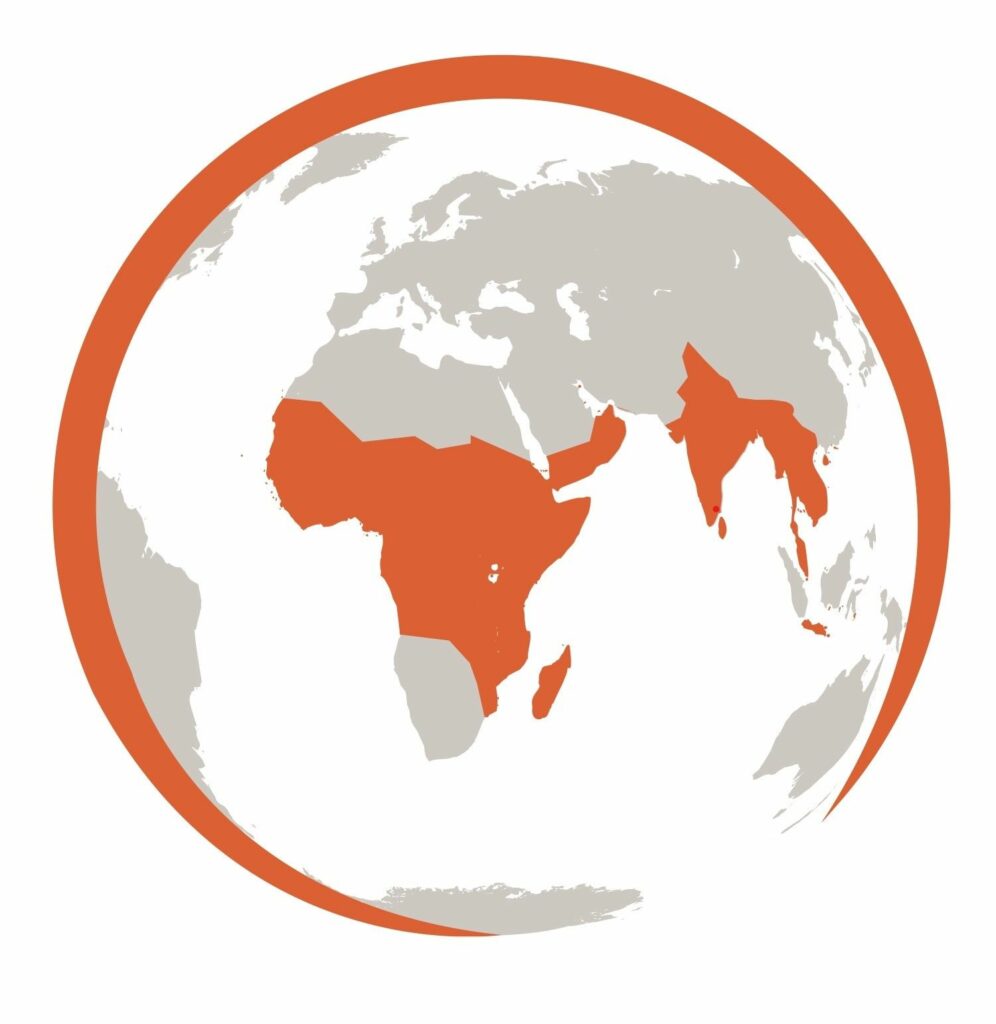Funders
Global Fund / Nigeria National Malaria Elimination Programme
Location
Nigeria
Dates
2023 - 2024

Urban dwellers often use Insecticide Treated Nets (ITNs) at lower rates than their rural counterparts. At the same time, distributing ITNs in urban areas is resource intensive, raising the question of whether ITN distributions can be adjusted to prioritise ITNs for those who need and want them.
Nigeria’s National Malaria Elimination Programme has requested Tropical Health’s assistance in piloting a transparent and equitable process for decision making on whether or not to distribute ITNs in certain urban settings.
Tropical Health has provided input on modified campaign procedures in the area selected for deprioritisation. Observations during campaign implementation will assess the operational feasiblity and lessons learned. A household survey after the campaign will evaluate ITN access and use, and seasonal malaria chemoprevention (SMC – implemented alongside ITN distribution) coverage in the area selected for ITN deprioritisation and in similar settlements that received ITNs. Malaria case incidence rates passively reported to the national health system will be used to compare trends in the ITN deprioritised settlements compared to other settlements.
Findings from this pilot will inform plans for ITN campaigns for the 2024-2025 Global Fund grant cycle, as well as inform ongoing discussions on subnational tailoring of intervention mixes for malaria control in Nigeria and elsewhere.
Global Fund / Nigeria National Malaria Elimination Programme
Nigeria
2023 - 2024
Belgian Cooperation/ Light for the World
Democratic Republic of Congo, Rwanda, Tanzania
2021-2022
UK Aid and People’s Postcode Lottery / Sightsavers
Malawi, Uganda
2023 - 2024
Global Fund / Nigeria National Malaria Elimination Programme
Nigeria
2023 - 2024
Sightsavers, Ghana Somubi Dwumadie (FCDO)
Ghana
2022-2023
Global Fund MOSASWA (Mozambique, South Africa and Swaziland) region
Mozambique
2022-2023